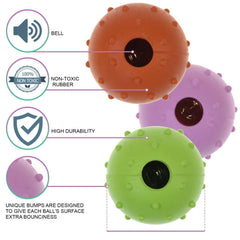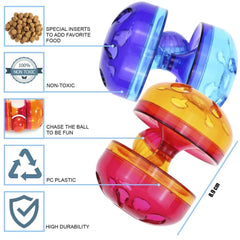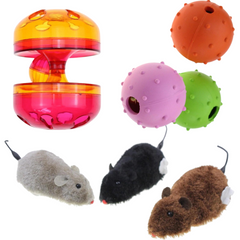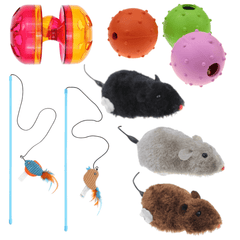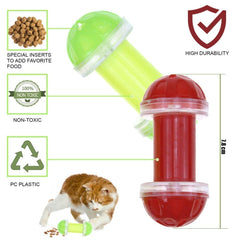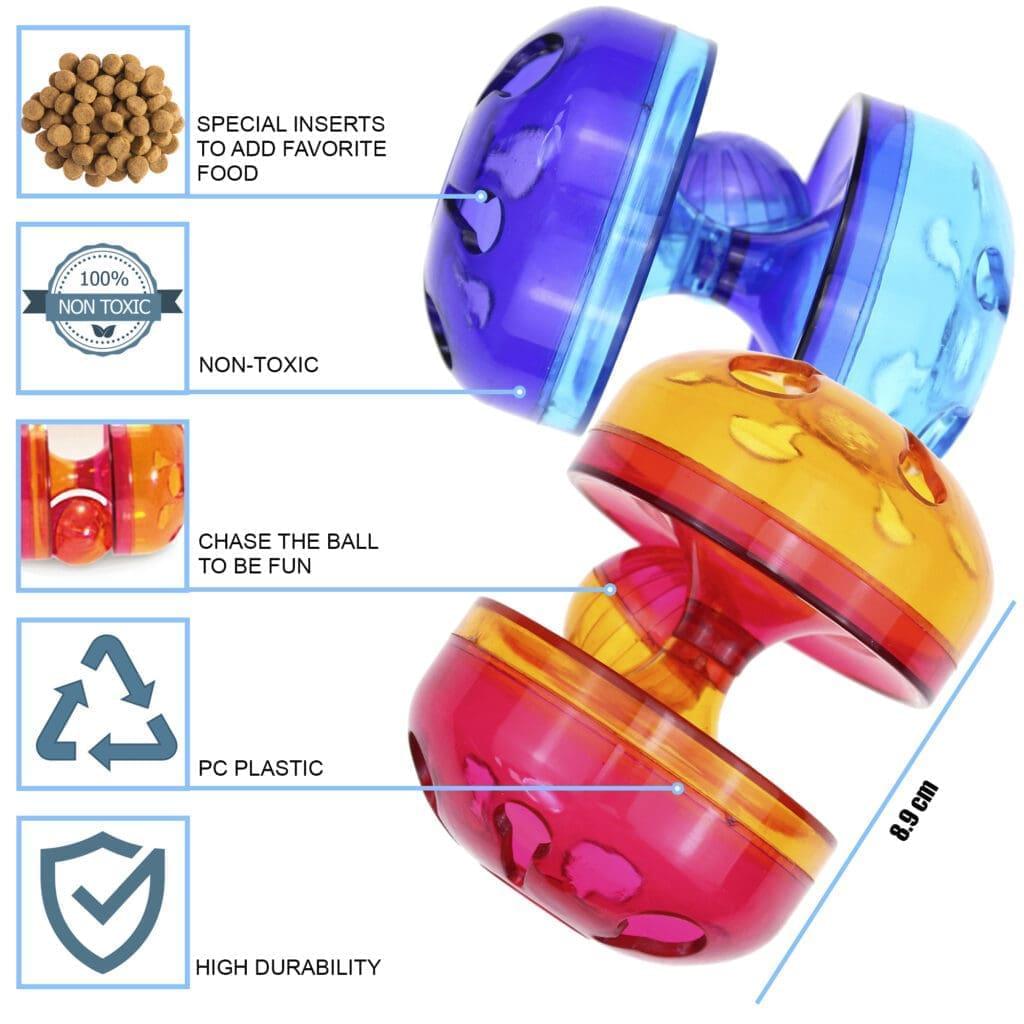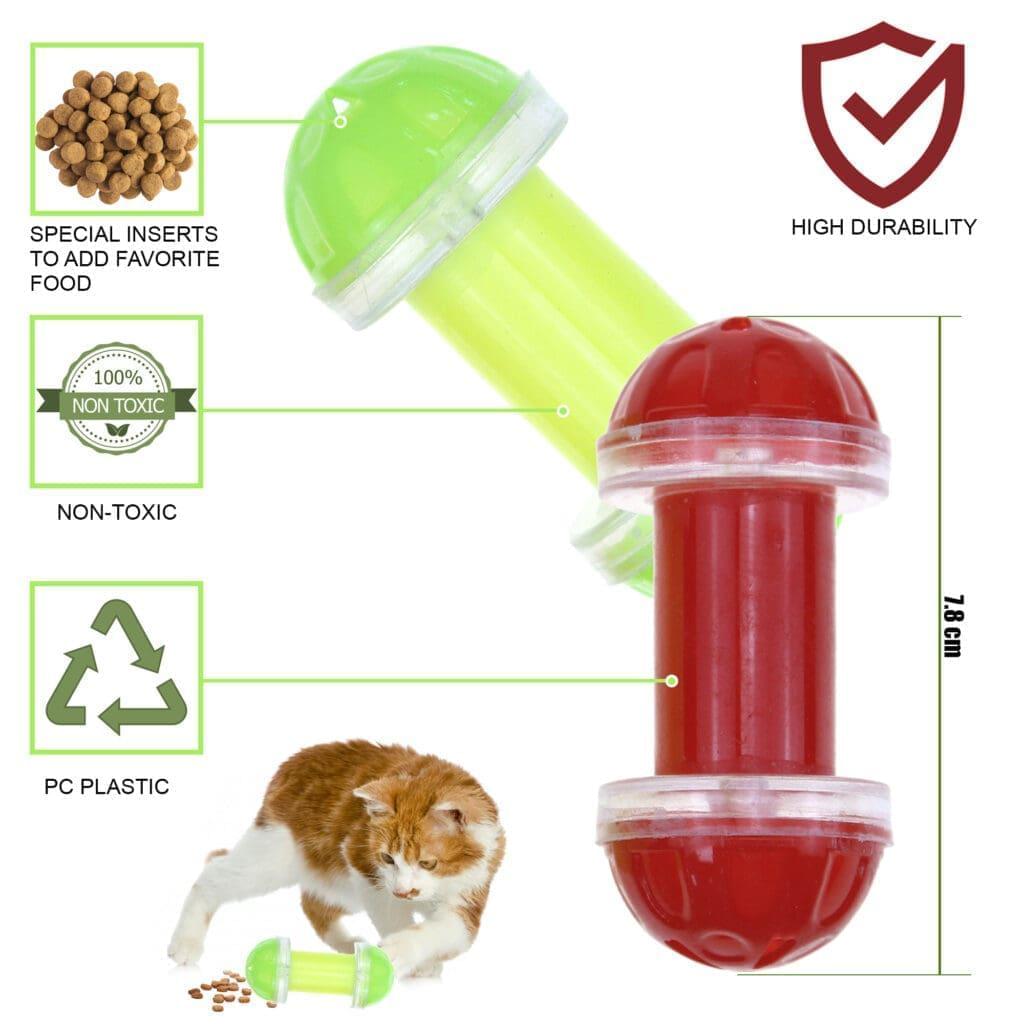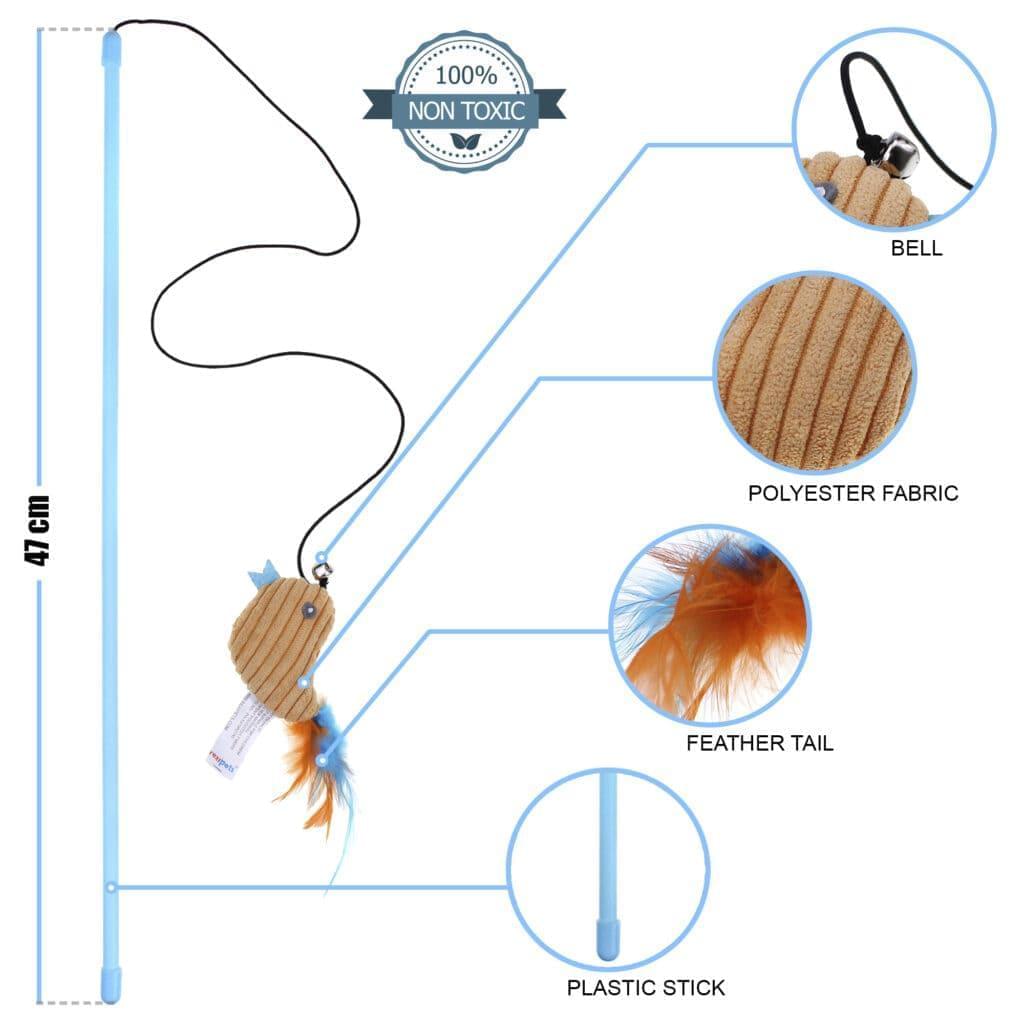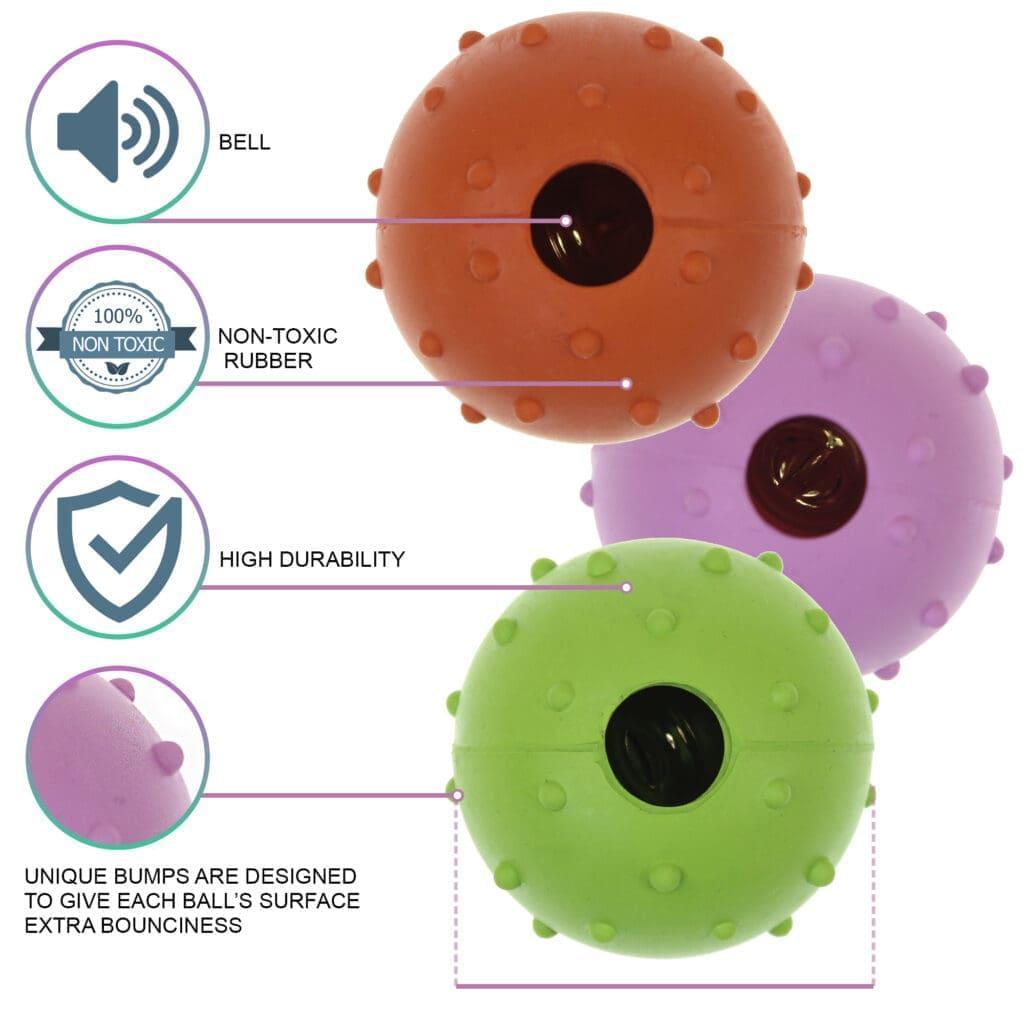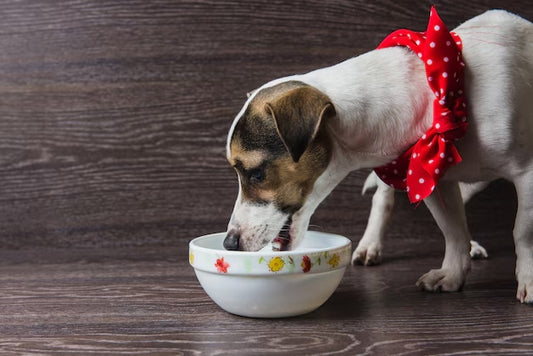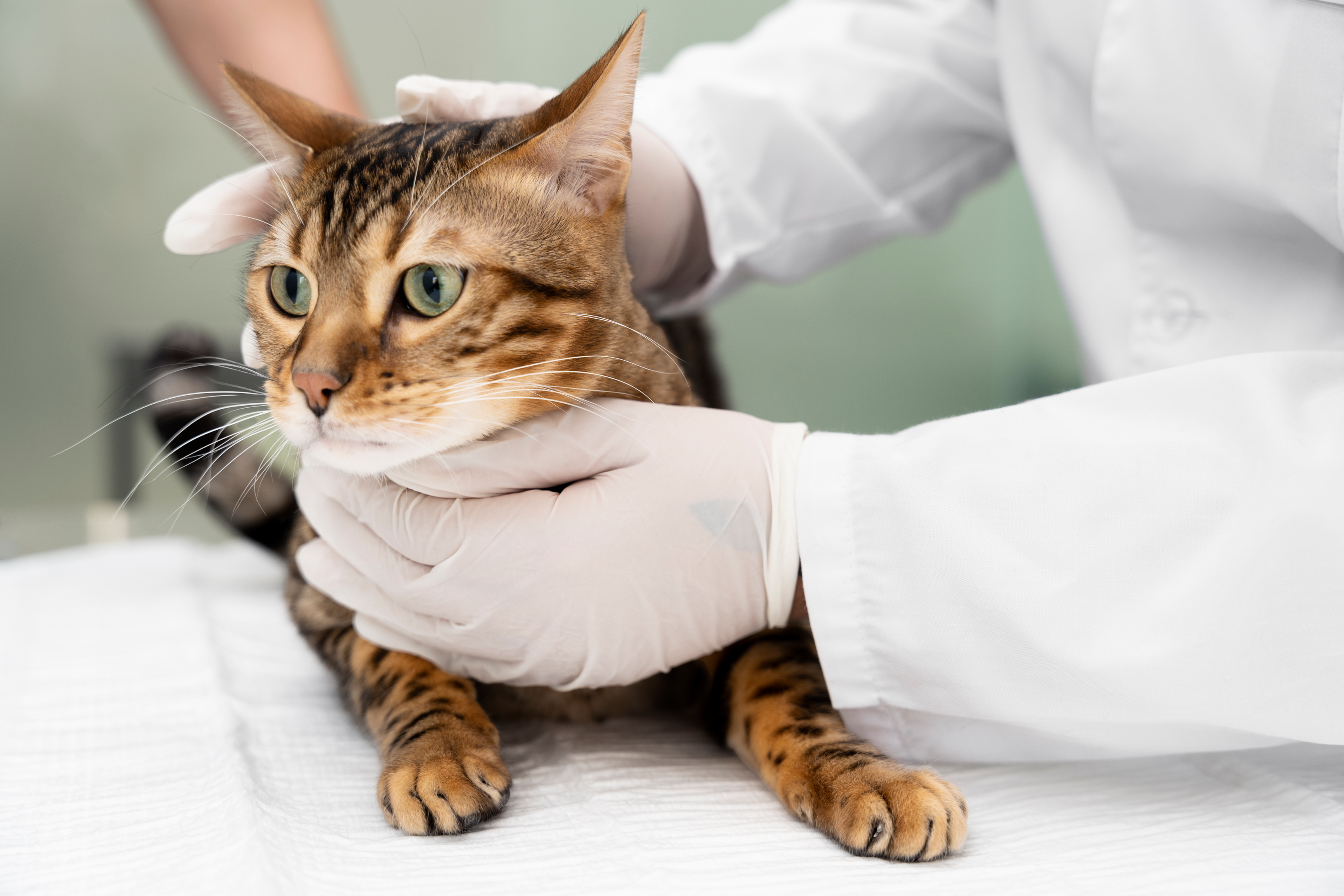
Have you ever wondered how to check your feline friend's urinary health?
Pet parents know urinary tract infections can be a common concern for their beloved pets.
Today at Rexipets, we'll speak about Cat UTIs, the symptoms of urinary tract problems in cats, and their different causes.
We'll also talk about some home remedies you can use to help your cat suffering from a UTI; it's like having a little cat UTI first-aid kit at home.
We'll chat about some easy tricks to help pet parents if their cat has a little issue. So, let's learn together about how to keep our fluffy friends happy and comfy!
What is a Cat UTI?
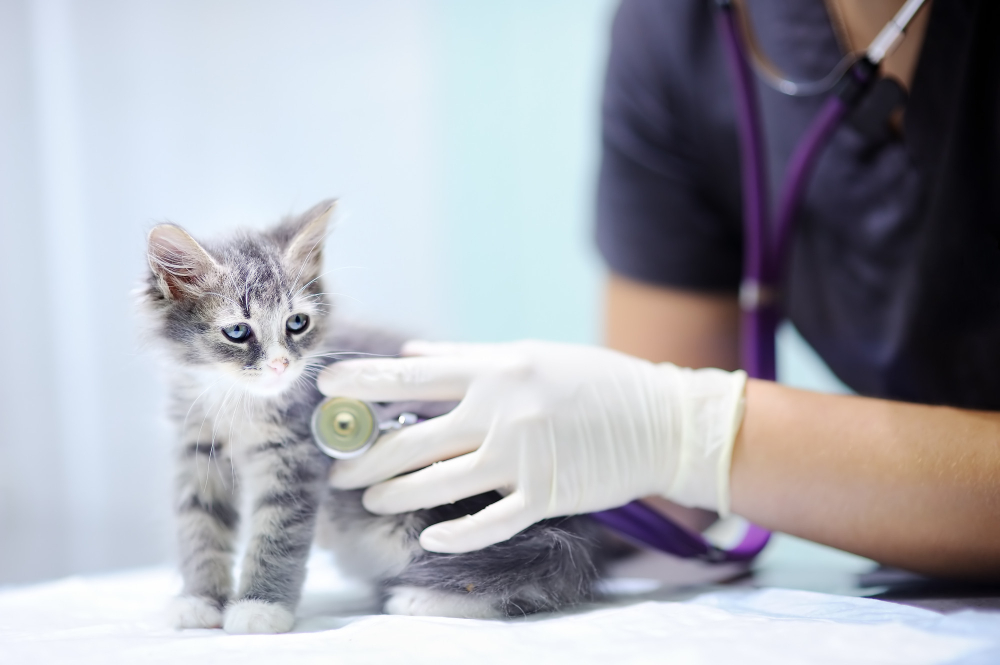
Cats can have problems with their urinary tract, like bladder stones, infections, crystals in their urine, or something else blocking the urinary tract. A urinary tract infection (UTI) isn't the most common issue, but it's essential for cat parents to know the signs.
A cat gets a UTI when germs go up its urinary tract into the bladder, leading to a bacterial infection. Knowing the causes of UTIs can help cat parents care for their furry buddies.
Causes of Urinary Tract Problems in Cats
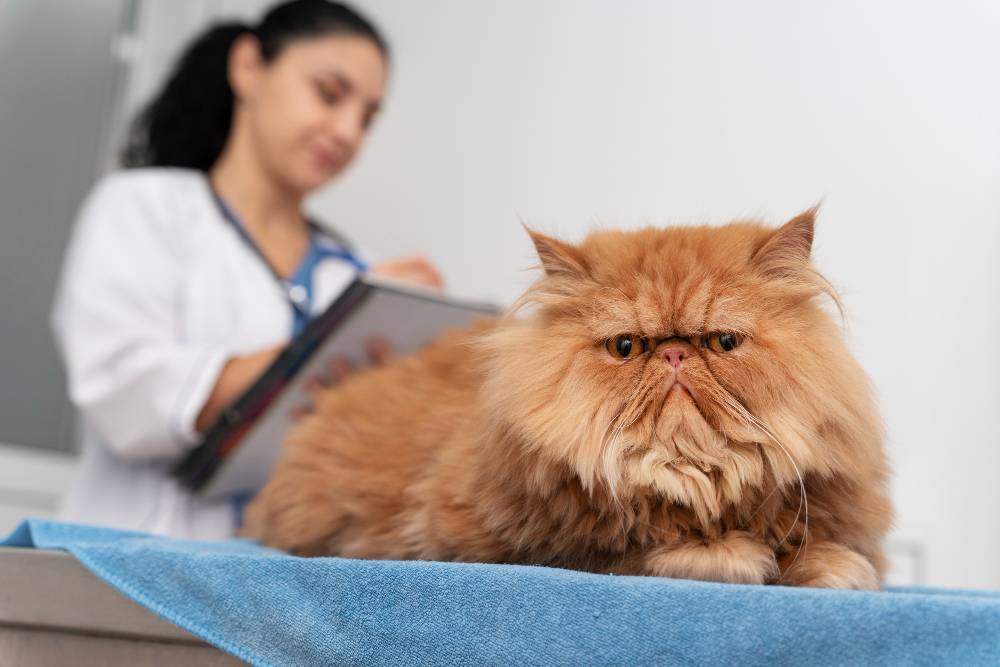
Urinary tract infections (UTIs) can happen to cats for various reasons, and some cats are more likely to get them than others. Bacterial infections are most common in female and male cats who are a bit older; along with the age factor, heavier cats are at a higher risk of developing UTIs.
Moreover, cats that stay inside and use a litter box are more susceptible to UTIs, and cats with limited time outdoors are more vulnerable.
The diet also plays an important role in your cat's urinary health. Cats on a diet mainly consisting of dry food are more prone to UTIs.
Older female cats with diabetes mellitus (sugar diabetes) are more likely to develop UTIs than the average cat population.
Other common reasons for UTIs in cats may include - Loss of bladder control or spinal cord issues that may lead to a UTI. Along with bladder infections, inflammation in the bladder can lead to UTIs.
Physical damage or the presence of a tumor in the urinary tract can also be the reason for a UTI. Moreover, some cats are more prone to UTIs due to their genetic conditions.
According to some studies, stress or changes in the environment can also contribute to UTIs.
Understanding these factors can help cat owners be more aware and take preventive measures to keep their feline friends happy and healthy.
Symptoms of Urinary Tract Problems in Cats
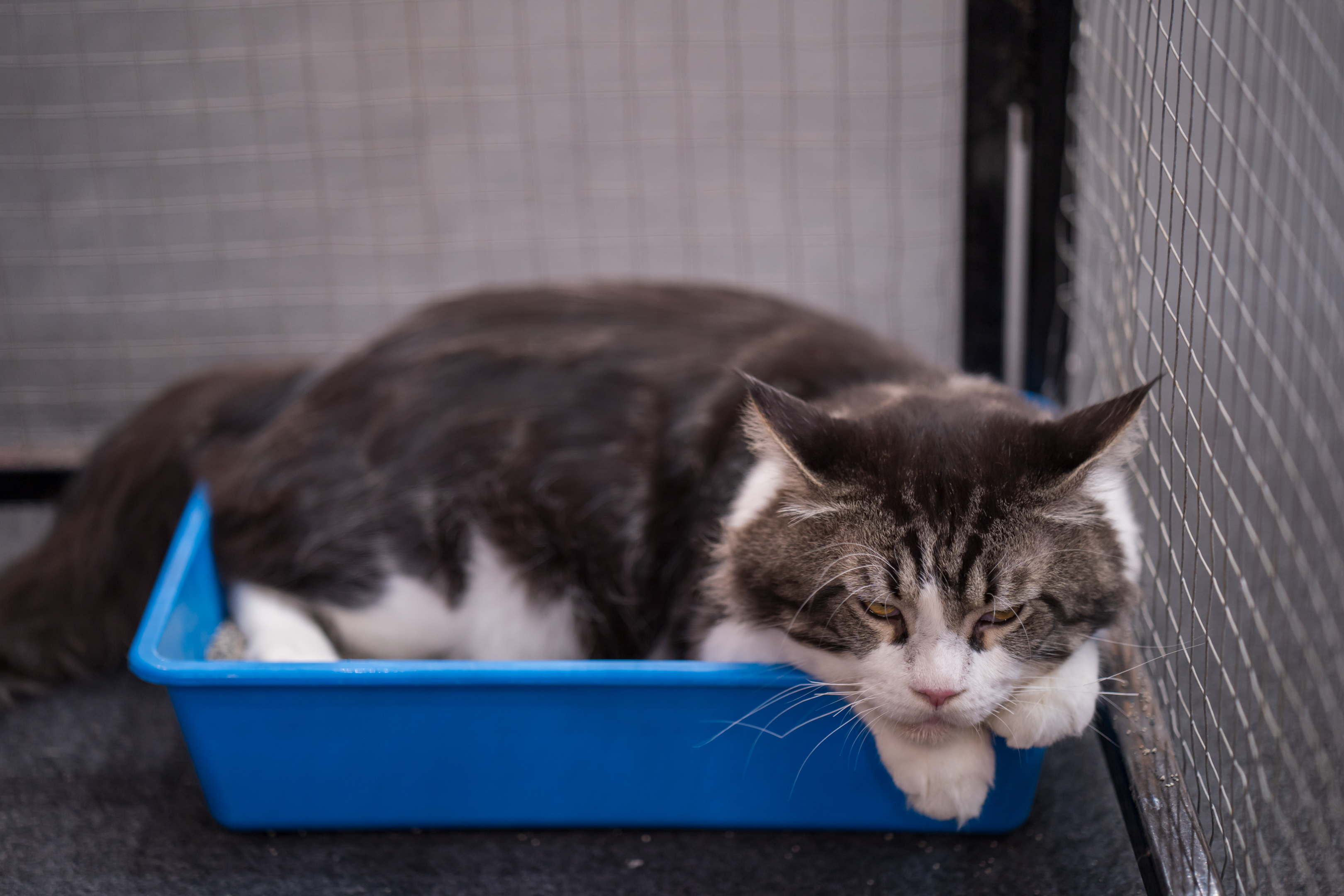
Even though a cat having bacterial urinary tract infections can be a bit worrisome, the good thing is there are clear signs you can easily notice early on and get help for your suffering cat.
The usual signs that something might be up with a cat's urinary tract include:
- Your cat is going to the litter box more than normal, which could be a sign that they have a urinary tract infection.
- If your cat can only pee a tiny amount, that's not a good sign.
- If your cat seems in pain or makes weird sounds when they pee, it might point towards a urinary tract infection.
- If your cat is constantly licking its private parts, it might mean there's an issue.
- If you see any red or pink tint in your cat's pee, that's a clear sign something's not right.
- If your cat looks like it's having difficulty peeing, that's a sign of trouble.
- If your cat suddenly starts peeing in weird places, it could be a problem.
- If your cat keeps attempting to pee without actually peeing, it's a sign that something needs attention.
Cat Urinary Tract Infection Home Remedies
Cats often face urinary tract diseases that bring discomfort and distress. If not taken care of promptly, a UTI can result in partial or full blockage of the urethra, posing serious risks such as kidney failure or bladder rupture, which can be fatal.
Treatment for a cat UTI varies based on the severity of the infection, with options including at-home remedies and prescribed treatments.
Some at-home remedies for cat urinary tract infections include:
-
Increasing water intake
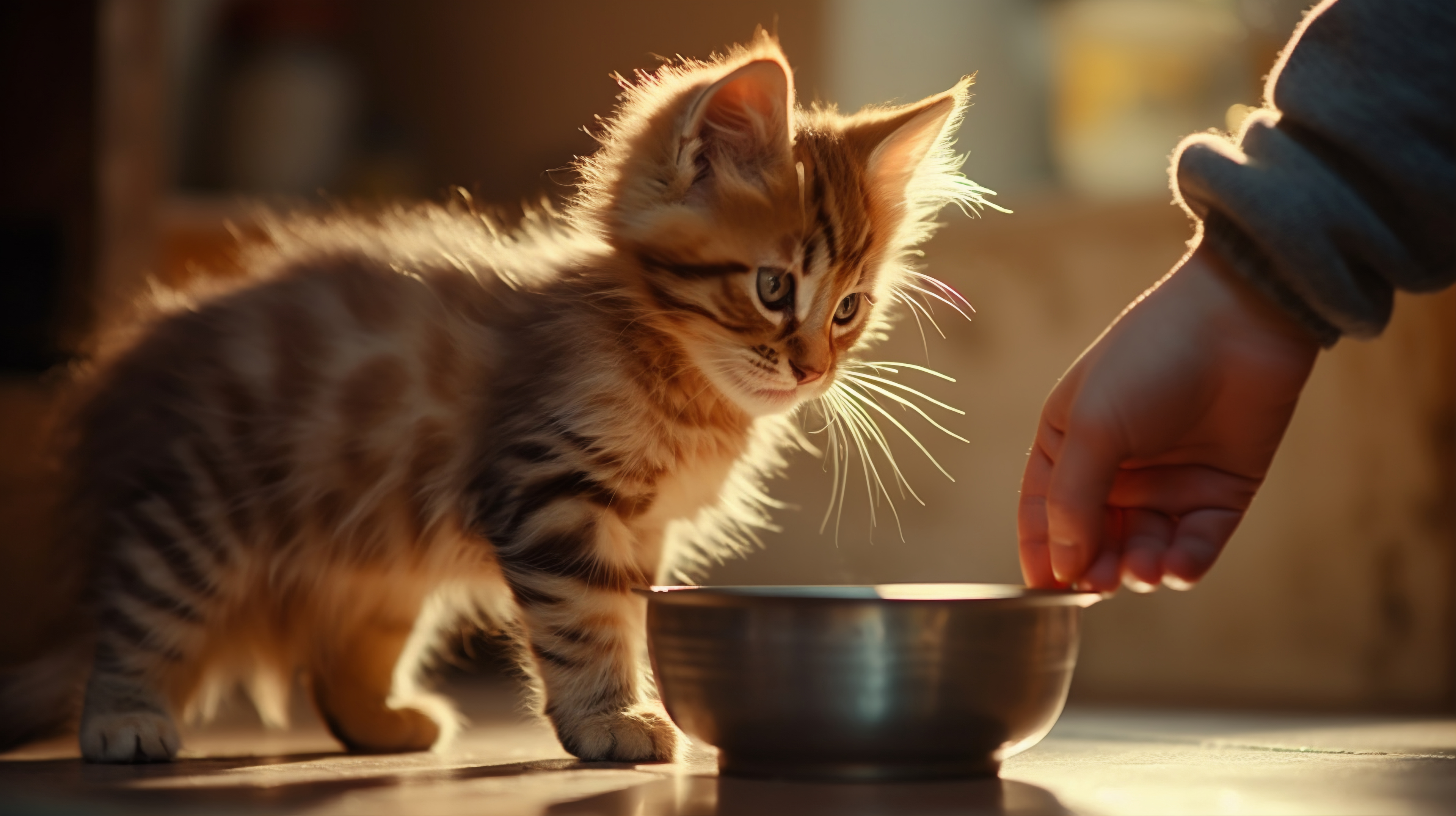
To keep your cat healthy, the best thing is to ensure they drink enough water. A good rule is that more water helps clean out anything causing issues with your cat's urinary health, like crystals or bacteria.
Usually, cats don't drink a lot of water, but we can help by giving them wet food and keeping water bowls around. Make sure the bowls are clean and have fresh water at all times.
-
Reduce stress
Another way to help at home is to lessen stress as much as possible. Stress can make urinary problems worse.
To lower stress, make sure your home has lots of spots for your cat to climb or hide. Moreover, spend time playing with them and try to avoid stressful situations like changing furniture, having lots of visitors, or getting another pet.
Vets often suggest using a synthetic pheromone diffuser as a remedy. These diffusers release the same pheromones that cats naturally produce to relax. As a result, they've proven to lower stress, anxiety, and unwanted behaviour.
-
Prescription diets
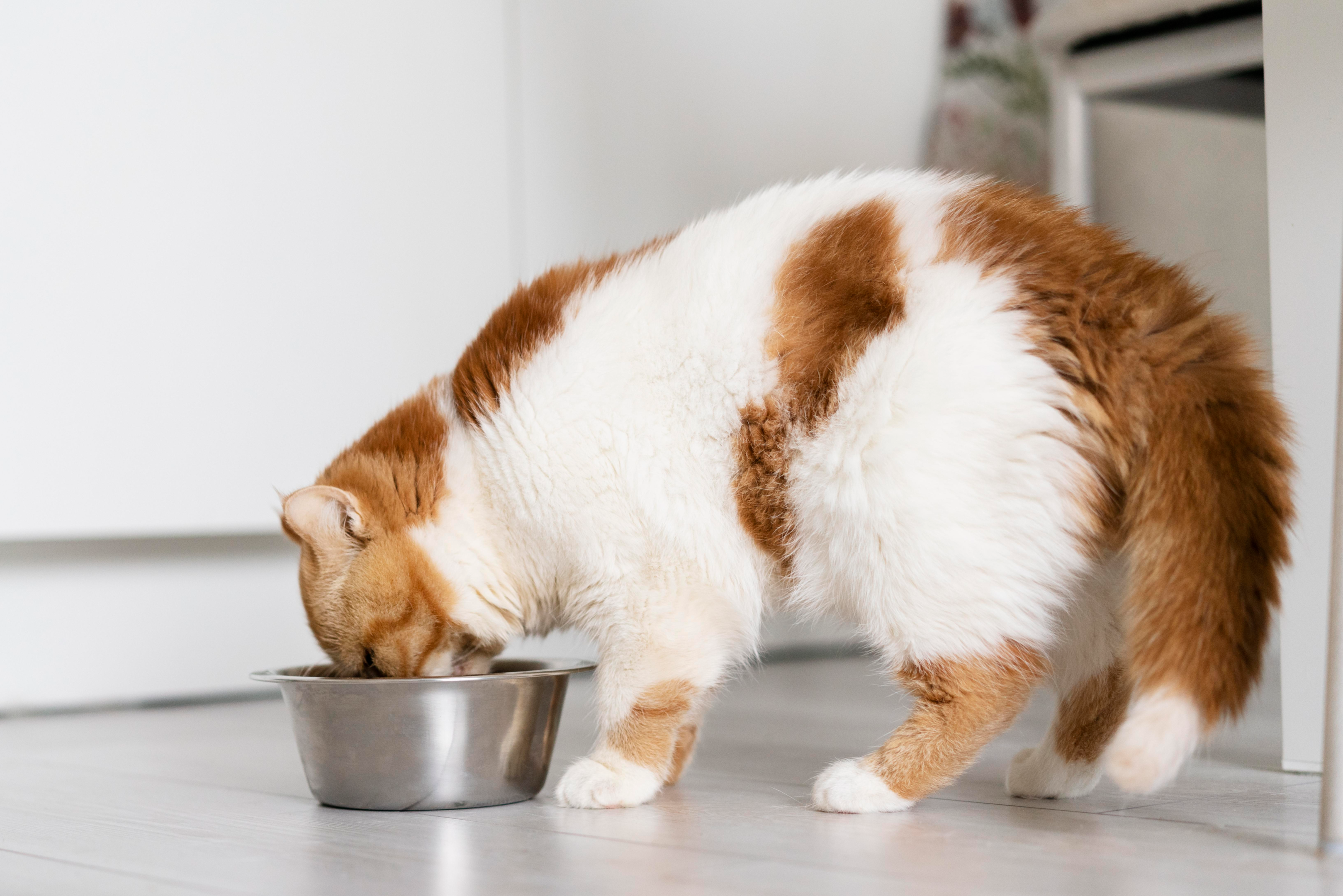
Prescription diets may not cure bacterial infections like UTIs, but they do contribute to a healthy urinary environment.
They also lower the chances of other issues, such as struvite, oxalate crystals, and feline idiopathic cystitis.
-
Clean litter box
If your cat has a UTI, it's important to keep their litter box clean so they feel encouraged to use it.
If you have more than one cat at home, make sure there's one extra litter box for the number of cats you have.
For instance, if you have three cats, it's good to have four litter boxes. This way, each cat always has a clean and quiet spot to pee.
-
Cranberries
Cranberries do not just help humans with UTIs; they can also help treat a cat's UTI.
The sourness of cranberries can change the pee's acidity, which is good for fixing a UTI and keeping it at bay.
Most cranberry juices have lots of sugar, which might not be a good option for diabetic cats. Instead, you can get cranberry pills, supplements, or powder for your cat's food.
Before giving cranberry to your cat, check the pee's acidity.
-
Apple cider vinegar
Apple cider vinegar is another option to balance the acidity in your cat's pee, helping eliminate and prevent harmful bacteria.
Give your cat half a teaspoon of apple cider vinegar in its food daily.
Like cranberries, apple cider vinegar works well when your cat's urine is alkaline. You can check your cat's pH level at home using kits, diagnostic cat litter, or a reliable test recommended by your vet.
-
Supplements
Glucosamine and chondroitin usually help with joint pain in cats, especially if they have arthritis. But guess what? These things can also make a feline UTI get better.
Glucosamine helps fix the lining of the cat's bladder, and chondroitin stops it from breaking down.
When you give both together, they rebuild the bladder wall and stop bacteria from causing more trouble. That means less redness and pain from a UTI.
As a rule of thumb, if your cat weighs 20 pounds, you can give them 100 milligrams of chondroitin and 200 milligrams of glucosamine.
-
Marshmallow root
Marshmallow root works wonders for a cat's UTI. It fights bacteria, calms redness, and makes the bladder wall stronger. It also helps the kidneys push out more pee and clean the bladder.
One study found that marshmallow root has something called mucilage, which is like a sticky substance from plants. This soothes the bladder walls and makes a protective layer to keep the bladder in good shape.
-
Bone broth
Apart from fixing the pee's pH and making the bladder stronger, a crucial part of dealing with a cat UTI is keeping your cat well-hydrated.
This is important to clean the bladder and prevent harmful bacteria from building up.
You can make sure your cat drinks enough liquids by giving them bone broth. Just be sure the broth doesn't have salt or onions.
Treatments for Lower Urinary Tract Problems?
Treating urinary infections in cats depends on how bad the infection is and what's causing it.
The treatment might involve giving your cat extra fluids, using substances that make the pee more acidic, and prescribing antibiotics.
These measures help tackle the infection, make the urine environment less hospitable for infections, and fight off bacteria causing the trouble.
It's like giving your cat a combination of things to help them get better. However, it is important to consult a vet and follow their advice for the right treatment for your furry friend.
Final Words!
So, to sum up, looking after your cat's pee health is super important. If you notice any signs of a urinary tract infection in your cat, there are simple things you can do at home to help.
These include making sure your cat drinks enough water, keeping their litter box clean, and trying out natural remedies such as cranberries, apple cider vinegar, and marshmallow root.
You can also use special diets, calming pheromones, and supplements like glucosamine and chondroitin to prevent and handle UTIs.
Remember, while these home tricks are useful, talking to a vet is essential if you think your cat is not feeling well. Vets can give the right advice and treatment. Doing these things at home and working with a vet gives your cat a better chance at staying happy and healthy.
Frequently Asked Questions
Can Both Female and Male Cats Have Urinary Tract Problems?
A urinary tract infection can happen in both male and female cats. But the risk of a blocked urinary tract is higher in male cats, whether neutered or not. This is because male cats have a longer and narrower tube for pee, making them more likely to get a urethral obstruction.
